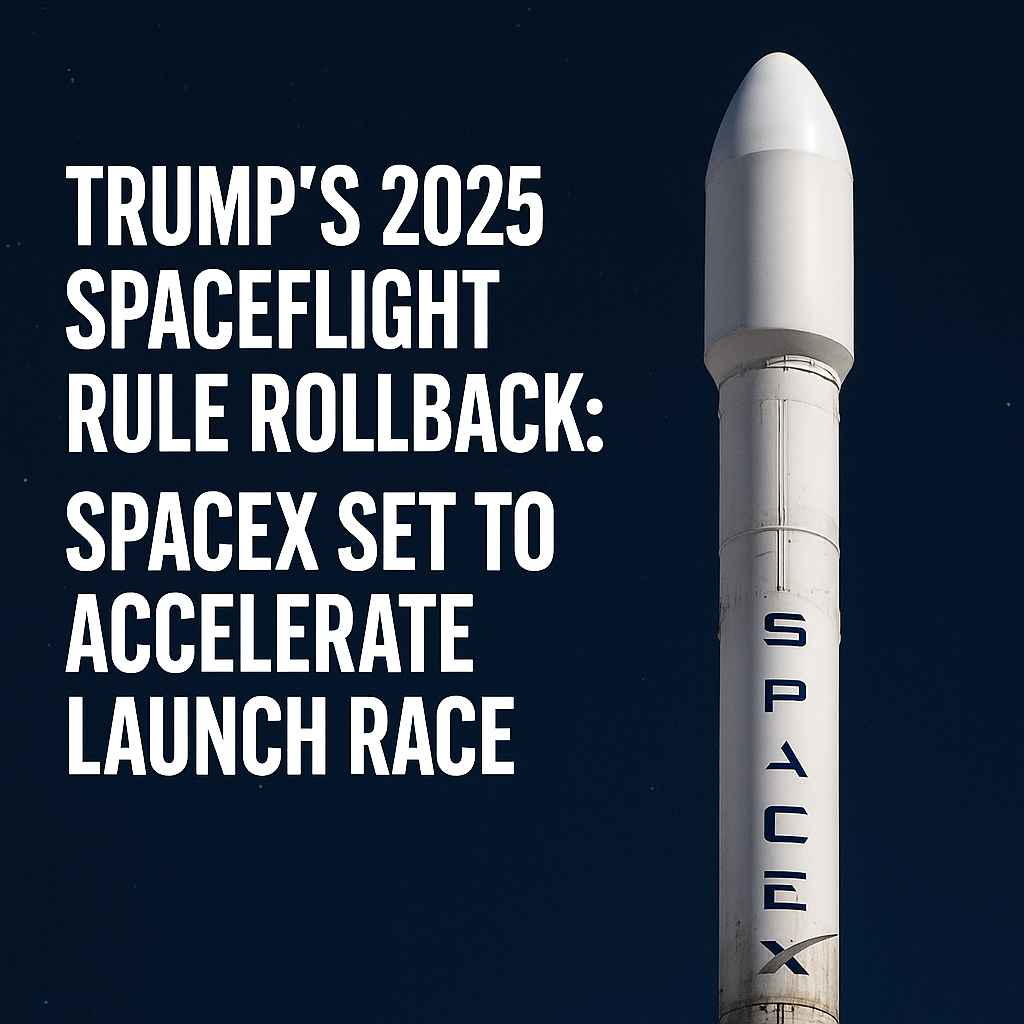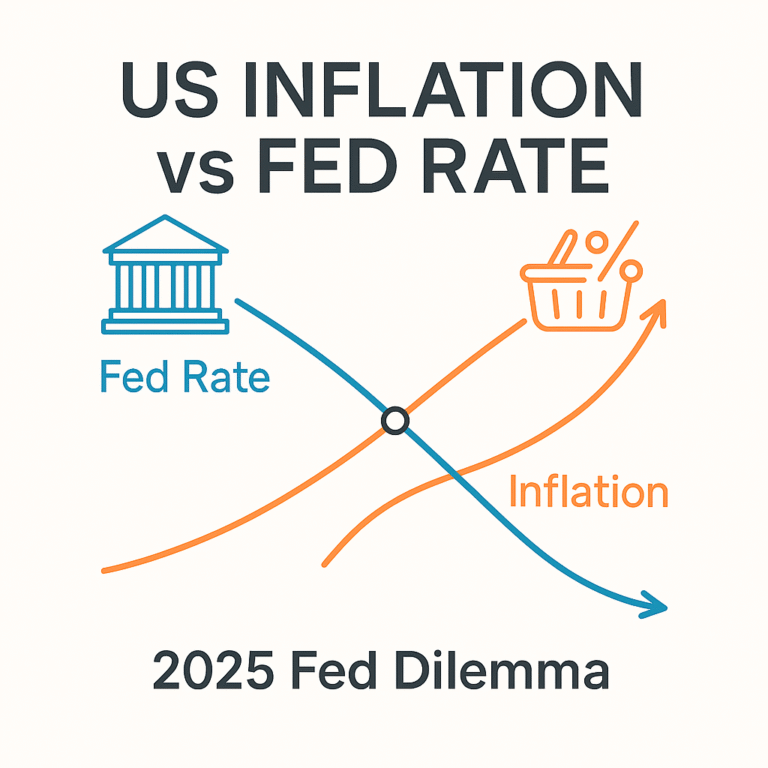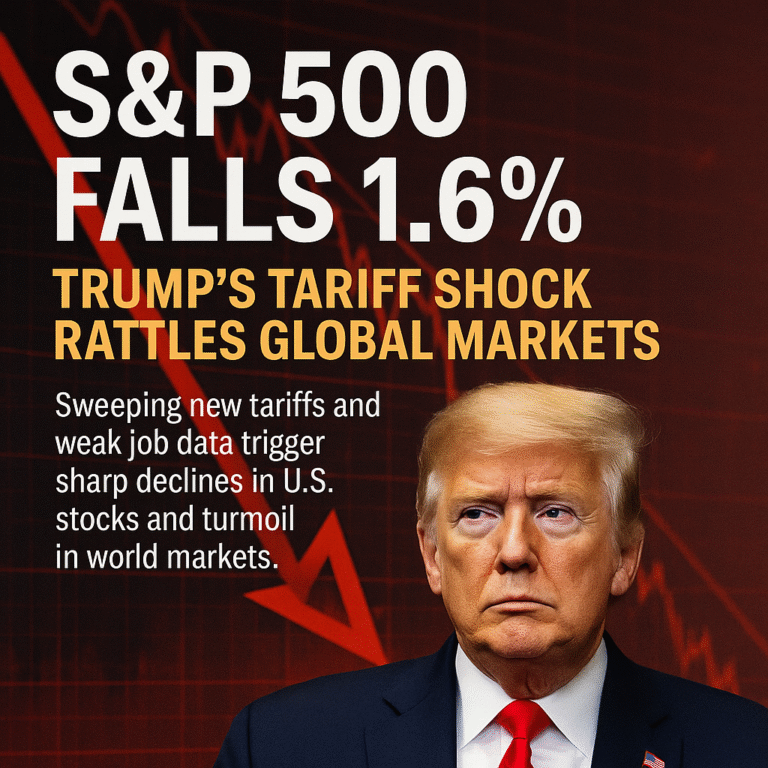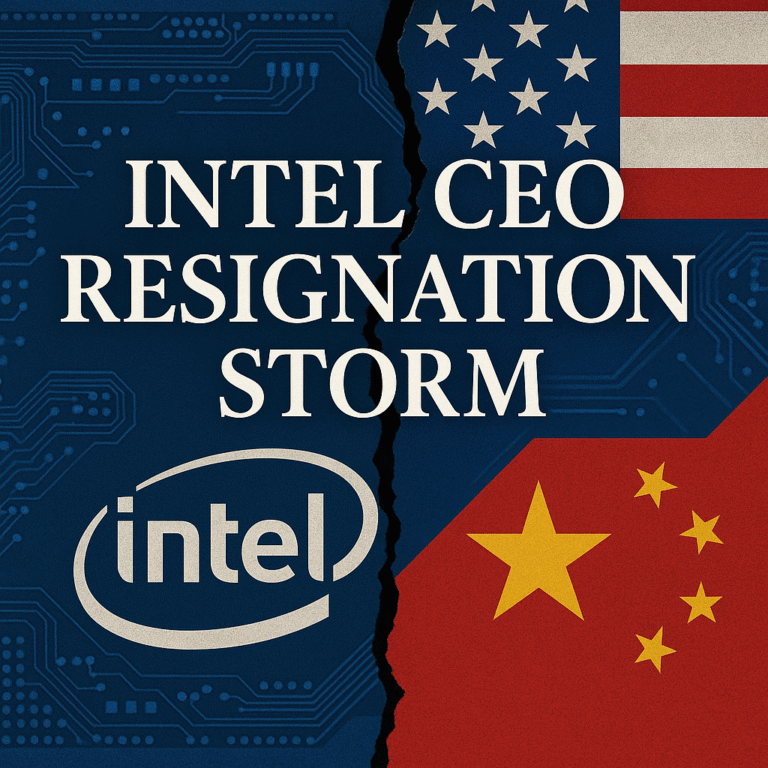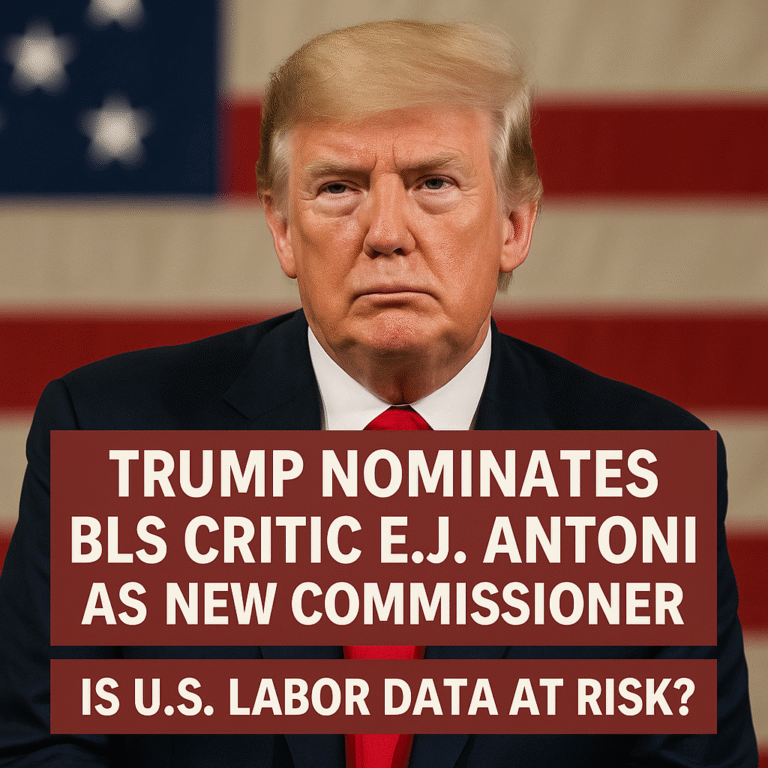Trump’s 2025 Spaceflight Rule Rollback: SpaceX Set to Accelerate Launch Race
On August 13, 2025, President Trump signed an order easing FAA launch rules. We analyze the impact on SpaceX, the commercial space industry, and the environmental debate.
Key Takeaways
On August 13, 2025, former U.S. President Donald Trump unveiled an executive order to ease commercial spaceflight regulations. The directive instructs the Federal Aviation Administration (FAA) to either waive or fast-track the complex environmental review process for launches and reentries, potentially allowing SpaceX and other private space companies to move ahead with their missions more quickly. However, environmental groups warn that this move could pose serious threats to ecosystems and public safety.
Background and Timeline of the Executive Order
The order aims to accelerate growth in the commercial space sector by removing or streamlining environmental requirements in the FAA’s launch and reentry licensing process. It aligns with the administration’s stated goal to significantly increase U.S. launch frequency by 2030. The policy took effect immediately upon announcement on August 13 (Reuters).
Direct Benefits for SpaceX and Blue Origin
SpaceX conducted over 130 launches in 2024, dominating the U.S. launch market. By cutting approval times, the rule change could accelerate operations for heavy-lift vehicles like Starship. Blue Origin and United Launch Alliance (ULA) also stand to benefit from shorter turnaround times and reduced compliance costs.
Environmental Risks Raised by Advocacy Groups
Environmental organizations argue that easing regulations could increase noise pollution, rocket debris hazards, and habitat destruction. They point to the environmental damage near wetlands and wildlife habitats during past Starship test launches in Boca Chica, Texas, as evidence of the risks (The Guardian).
Broader Economic, Industrial, and Policy Implications
In the short term, deregulation is expected to boost U.S. competitiveness in the global space market. More frequent launches could expand opportunities in satellite services, space tourism, and deep-space exploration. However, in the long term, this could conflict with U.S. commitments under international environmental agreements, potentially sparking diplomatic tension.
Future Launch Competition and Legal Challenges
The order is likely to accelerate the launch race between SpaceX and Blue Origin, with FAA approval times dropping significantly. But state governments and local communities may challenge the policy in court over environmental concerns. Globally, U.S. deregulation could also prompt other countries to loosen their own environmental standards to remain competitive.
President Trump’s executive order offers a major boost to commercial space industry growth but also heightens environmental and safety concerns. The next challenge will be crafting a balanced space policy that supports industry innovation while safeguarding the planet.

